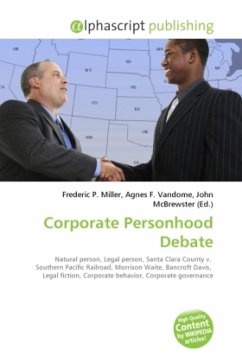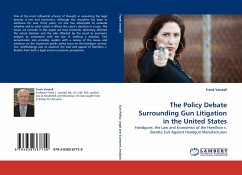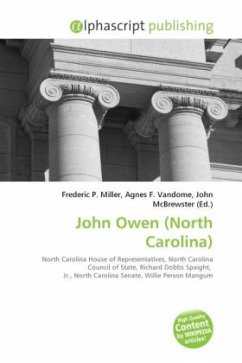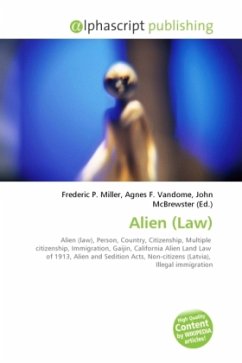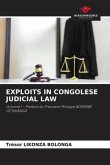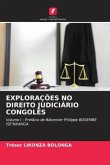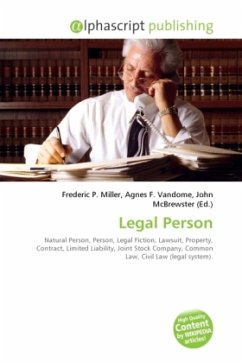The corporate personhood debate refers to the controversy (primarily in the United States) over the question of what subset of rights afforded under the law to natural persons should also be afforded to corporations as legal persons. Opponents of "corporate personhood" believe that large corporations as juristic persons have enjoyed certain constitutional rights intended for natural humans as the result of a misinterpretation of an 1886 Supreme Court Case, Santa Clara County v. Southern Pacific Railroad. Opponents claim that certain rights of natural persons, such as the right to political and other non-commercial free speech, are now exercised by corporations to the detriment of the American democratic process as provided under the Constitution. Some opponents point to the recent discovery of correspondence between then Supreme Court Chief Justice Morrison R. Waite, and court reporter J.C. Bancroft Davis as proof of a conspiracy among the railroad corporations to intentionally create a misrepresentation of that decision for the benefit of the railroads. Bancroft Davis had previously served as president of Newburgh and New York Railway Co.
Bitte wählen Sie Ihr Anliegen aus.
Rechnungen
Retourenschein anfordern
Bestellstatus
Storno

